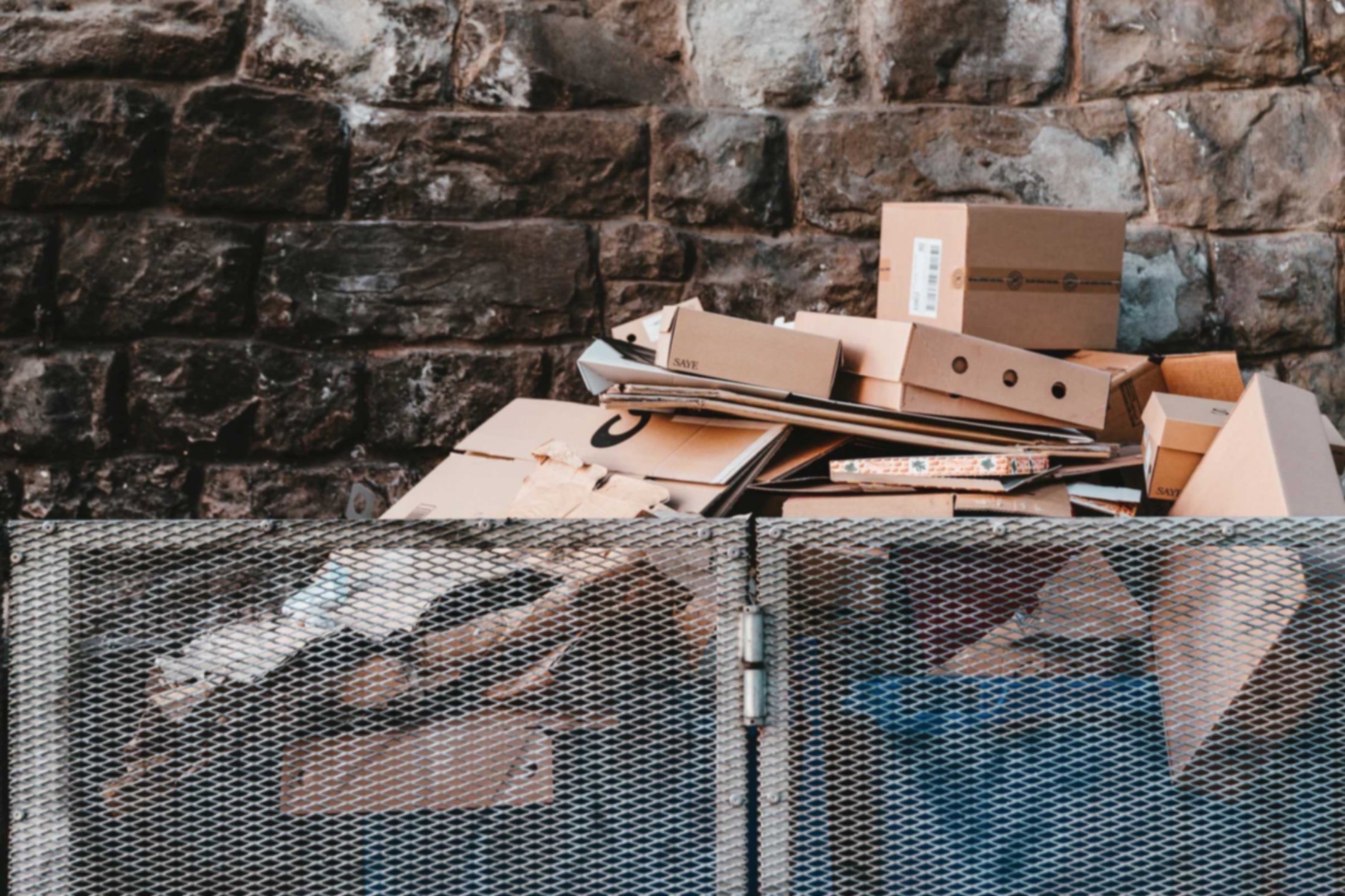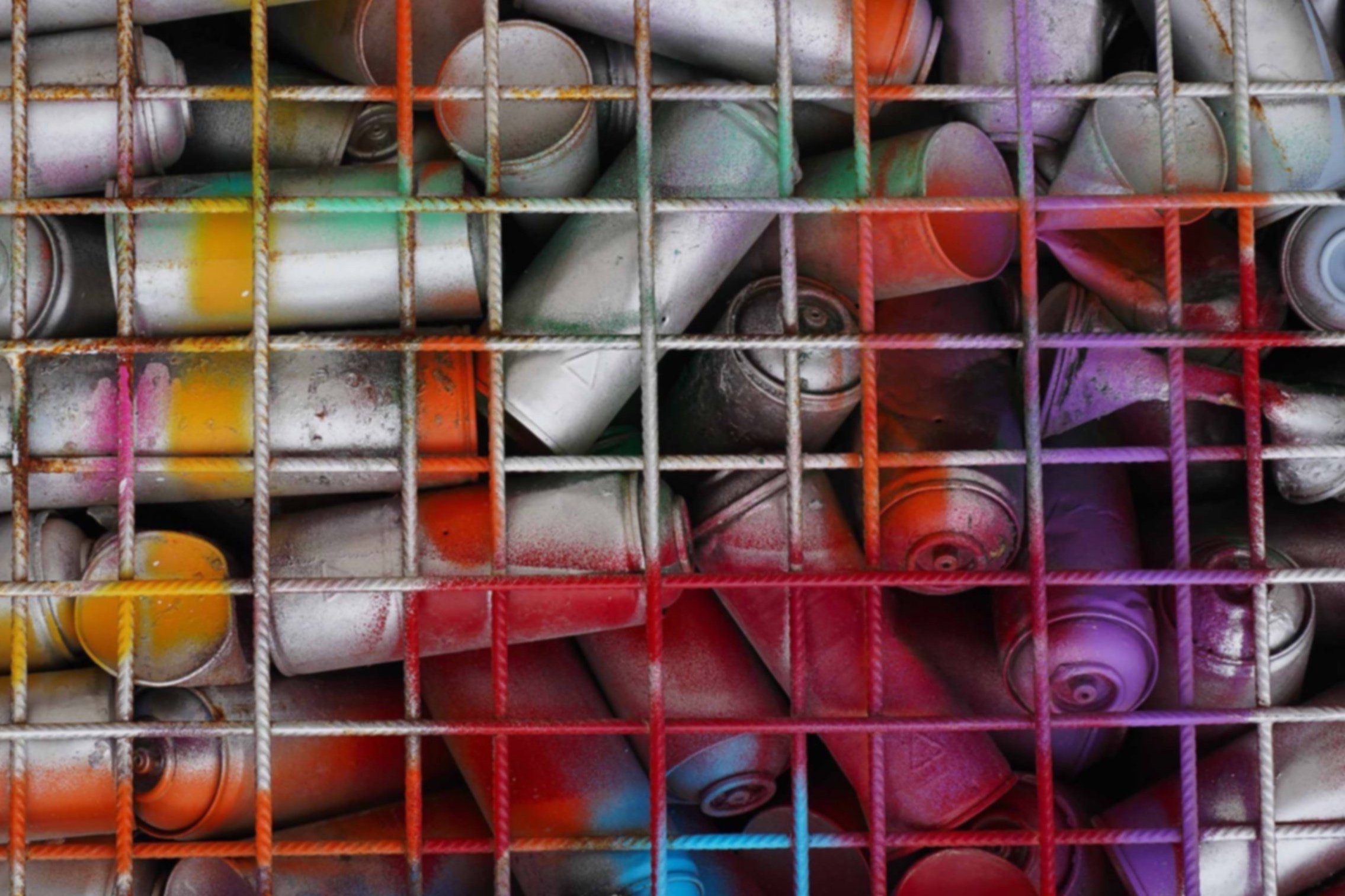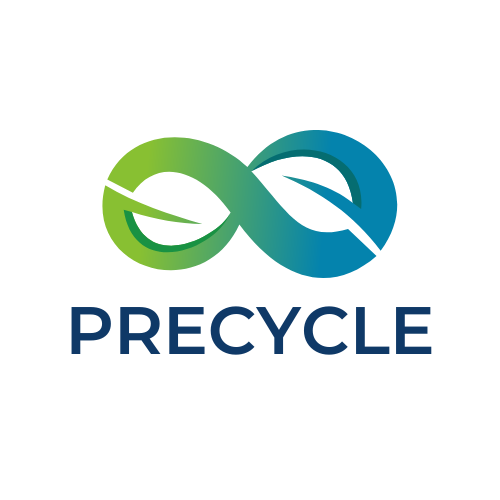
Advancing an Entrepreneurial Circular Economy in WA
Innovating waste prevention, reuse, and reduction
Winning Projects
-
SeaBar
Each year the beauty industry produces over 7.9 billion units of rigid plastic. Many of those plastic bottles are used for shampoo and conditioner, filled mostly with water, and used in shower...
It didn't make sense to us.
Obviously shampoo bars exist. However, in our research we found that the biggest barrier people had in switching to solid shampoo was that consumers don't like how bar soaps get gross and slimy in the shower.
SeaBar solves this problem by putting our shampoo and conditioner concentrates inside a reusable plastic applicator. The applicator prevents the bars from getting gross in the shower, and it gives us greater formulation freedom because we don't have to worry about creating a bar that can withstand the harsh environment of the shower.
Each SeaBar lasts as long as 2-3 bottles of liquid product, and refills come in cardboard tubes. We estimate SeaBar customers use 92% less plastic from shampoo and conditioners in their first year alone as compared to those who use traditional liquid shampoo.
However we didn't want to stop at 'doing less harm.' We wanted to help clean up the mess that is already there. So in addition to helping our customers use less plastic, for every item SeaBar sells we clean up one pound of ocean trash. To date we've cleaned up over 32,000 pounds.
Our applicators are made from 100% post consumer recycled plastic and are designed to last for years. We use a single plastic type (PP) so at the end of their life they can easily be recycled again.
-
Rebundance
Rebundance recycles used bedding textiles into beautiful and functional home goods, wellness items, and craft supplies.
Textile waste is a large contributor to carbon emissions and toxic waste. Bedding textiles are typically made of high-quality and large pieces of fabric that can be repurposed through cleaning, sorting and re-manufacturing into new items.
Through a creative reuse process that combines imagination and technical textile expertise, used fabric can have a second life. Some fabric is ideal for quilting or other crafts and can be sold as an alternative to virgin fabrics or yarns to crafters. Lower quality fabric is cut and sewn into "fabric yarn" which is woven or crocheted into a lush and durable material that is perfect for home and wellness products.
One of the next steps for the business is to explore large batch dyeing with non-toxic natural dyes to create new designs and expand the creative re-use options.
-
SeaBar
Each year the beauty industry produces over 7.9 billion units of rigid plastic. Many of those plastic bottles are used for shampoo and conditioner, filled mostly with water, and used in shower...
It didn't make sense to us.
Obviously shampoo bars exist. However, in our research we found that the biggest barrier people had in switching to solid shampoo was that consumers don't like how bar soaps get gross and slimy in the shower.
SeaBar solves this problem by putting our shampoo and conditioner concentrates inside a reusable plastic applicator. The applicator prevents the bars from getting gross in the shower, and it gives us greater formulation freedom because we don't have to worry about creating a bar that can withstand the harsh environment of the shower.
Each SeaBar lasts as long as 2-3 bottles of liquid product, and refills come in cardboard tubes. We estimate SeaBar customers use 92% less plastic from shampoo and conditioners in their first year alone as compared to those who use traditional liquid shampoo.
However we didn't want to stop at 'doing less harm.' We wanted to help clean up the mess that is already there. So in addition to helping our customers use less plastic, for every item SeaBar sells we clean up one pound of ocean trash. To date we've cleaned up over 32,000 pounds.
Our applicators are made from 100% post consumer recycled plastic and are designed to last for years. We use a single plastic type (PP) so at the end of their life they can easily be recycled again.
-
ReuMo
Polluted stormwater runoff is entering into our natural drinking water and ecosystem.
We create moss based filtration kits to mitigate stormwater pollution, using a simplified form of Green Stormwater Infrastructure (GSI), we can reduce pollution going into our storm drains.
ReuMo kits are multilayered sediment filtration materials contained by tarp/recycled netting, placed in a size of 3x3ft and/or 2x6ft. The rectangular GSI kit is placed in the pathway of stormwater on the way to the storm drain.
-
B2YROOTS
B2YROOTS will tailor customized practical education in nutrition and change of life style to prevent the onset of chronic diseases focusing on teaching how to prepare easy, healthy and attractive meals minimizing food waste and packaging waste.
We are specially interested on the growing Hispanic population in Whatcom county, who are specially vulnerable when they arrive in the USA and change their eating habits dramatically.
-
Mendful
We salvage slightly damaged or unsellable textiles from Forks Disaster Relief’s non-profit secondhand store, providing a recycling alternative for the Forks community in the rural Olympic Peninsula. Mendful transforms damaged textiles into marketable products for the local and tourist market, while providing employment opportunities for locals with limited education or employment opportunities, some of whom have limited English language skills.
We are helping to solve the problem of textile waste. One stated mission of Forks Disaster Relief is providing an alternative to landfill for clothing and home textiles. At present, textiles not sellable in the non-profit thrift store are packed and taken (by car over an hour away) to a commercial reseller for textile downcycling: where unsold textiles may be sold to other countries (contributing to waste colonialism) or downcycling to insulation products, etc., after further long-distance transport. These textiles could instead be salvaged in our community and transformed into value-added products, and create jobs for our community in the process.
The PreCycle Innovation Challenge is an annual online pitch competition and training series for innovative startups working to prevent, reduce, or reuse waste in support of a more circular and just Washington State.
PreCycle is a collaborative program by nonprofit organizations Seattle Good Business Network and Zero Waste Washington.
PreCycle Circular Innovation Summit 2023
The Circular Innovation Summit is a virtual celebration of cutting edge advancements in the circular economy.
Hear from Senator Joe Nguyen and from presenters across the West coast, along with PreCycle startup pitch finalists finalist, in the recording of the Summit.
What
PreCycle is a virtual pitch competition for the best for-profit or non-profit business product, service, or idea that addresses waste prevention.
We seek to elevate projects in the Pacific Northwest that address waste reduction through recycling, food waste prevention, composting, contamination reduction, waste reuse, or litter control.
PreCycle is hosted by Seattle Good Business Network and Zero Waste WA, and is funded in part by the WA State Department of Ecology.
How
Teams will participate remotely and compete along two tracks: idea-stage and development-stage business or non-profit startups.
The 6-week online program includes technical and business development workshops (e.g., financials, market fit, circular design, pitch preparation, etc.), mentoring, and networking. The program culminates in a day-long virtual Innovation Summit on May 15, 2023.
All participants will be offered continued support after Precycle to carry their ideas forward. PreCycle is designed as a feeder competition for other similar programs in the region such as NextCycle WA.
PreCycle 2023 Timeline
January 2
Registrations Open
March 13
Registrations Close at 11:59PM PST
March 24
Program Starts
May 3
Program Ends
May 15
Final Pitch Event
Who should apply
Who should apply
All the applicants will be given a chance to participate in the program if they meet eligibility criteria.
Teams & Individuals: competition is open to formed entities and businesses, individuals, and student groups. A team should submit one application for their idea. Individuals may apply to create their own team through the program or join an existing team based on interest alignment.
Stage: idea or development stage of a startup. Businesses and non-profits do not have to be incorporated. Ideas do not have to be fully formed to apply.
Profit: both for-profit and non-profit startups are welcome.
Sector: projects should address waste streams or recycled materials. Upstream or Downstream projects are eligible.
Geography: Pacific Northwest region wide. Teams in a neighboring state (Idaho, Oregon, or British Columbia) or Province are eligible if their project impacts waste streams that are present in WA State and could be replicable in WA State geography.
Commitment: at least one team member should be able to attend or watch a recording of workshops and be available for mentorship sessions. All designed to help you develop and fine-tune your business plan and prepare your final pitch. We’ll also be working to ensure all the participants have access to each other and the broader community.
What track fits you better
Development-Stage
You are developing or have a prototype
Your product/service is market-ready or is already on the market
You have a clear idea but there are still gaps in your plan
Development-Stage participants will work to get their defined business models and ideas to a market-ready level and/or strengthen their plans and operations.
Idea-Stage
You have an idea but do not know if there’s a need for it
You identified a gap or market need but did not find a good solution yet
Your concept of a product/service is not yet defined
Idea-Stage participants will work to define their idea before they are ready to work on the practical development of their product/service

PreCycle 2023 Prizes
Support as a Mentor, Judge, Outreach Partner, or Sponsor
The PreCycle Challenge depends upon volunteer subject matter experts - Mentors, Judges, Partners, and the support of Sponsors. Help support and shape the future generations of innovative circular ideas and entrepreneurs!
Contact
We’d love to connect.
Feel free to contact us with any questions.
Or Email










